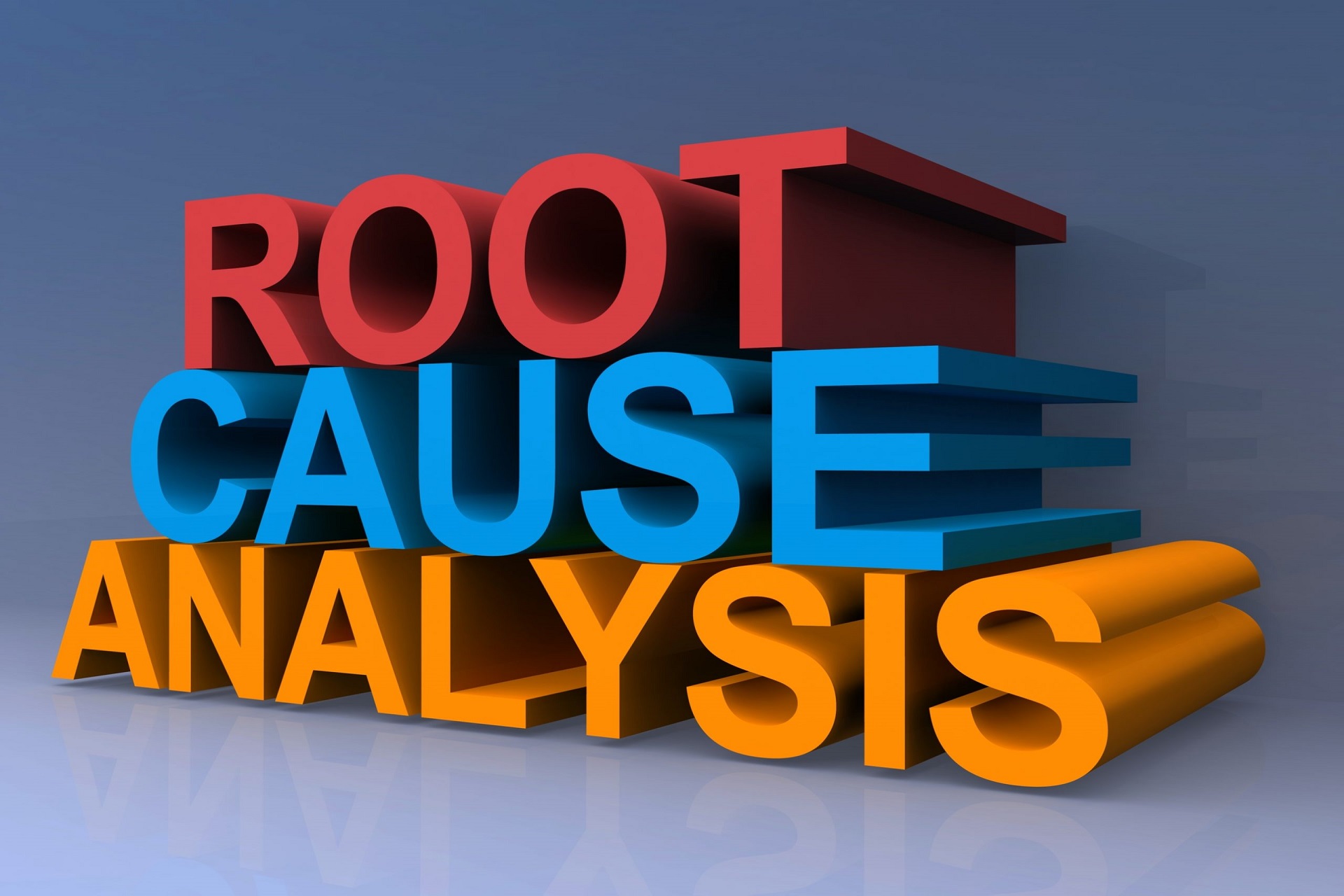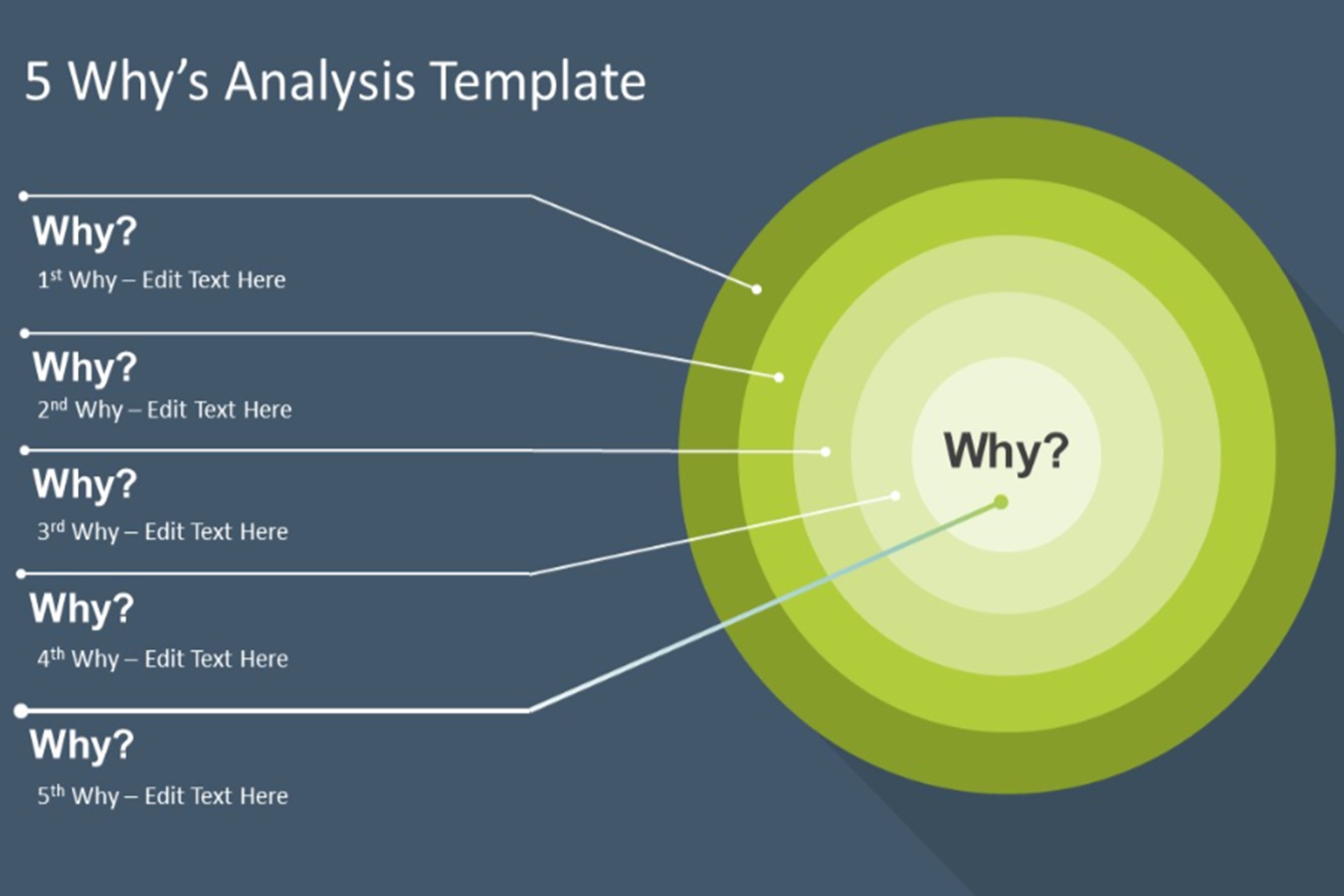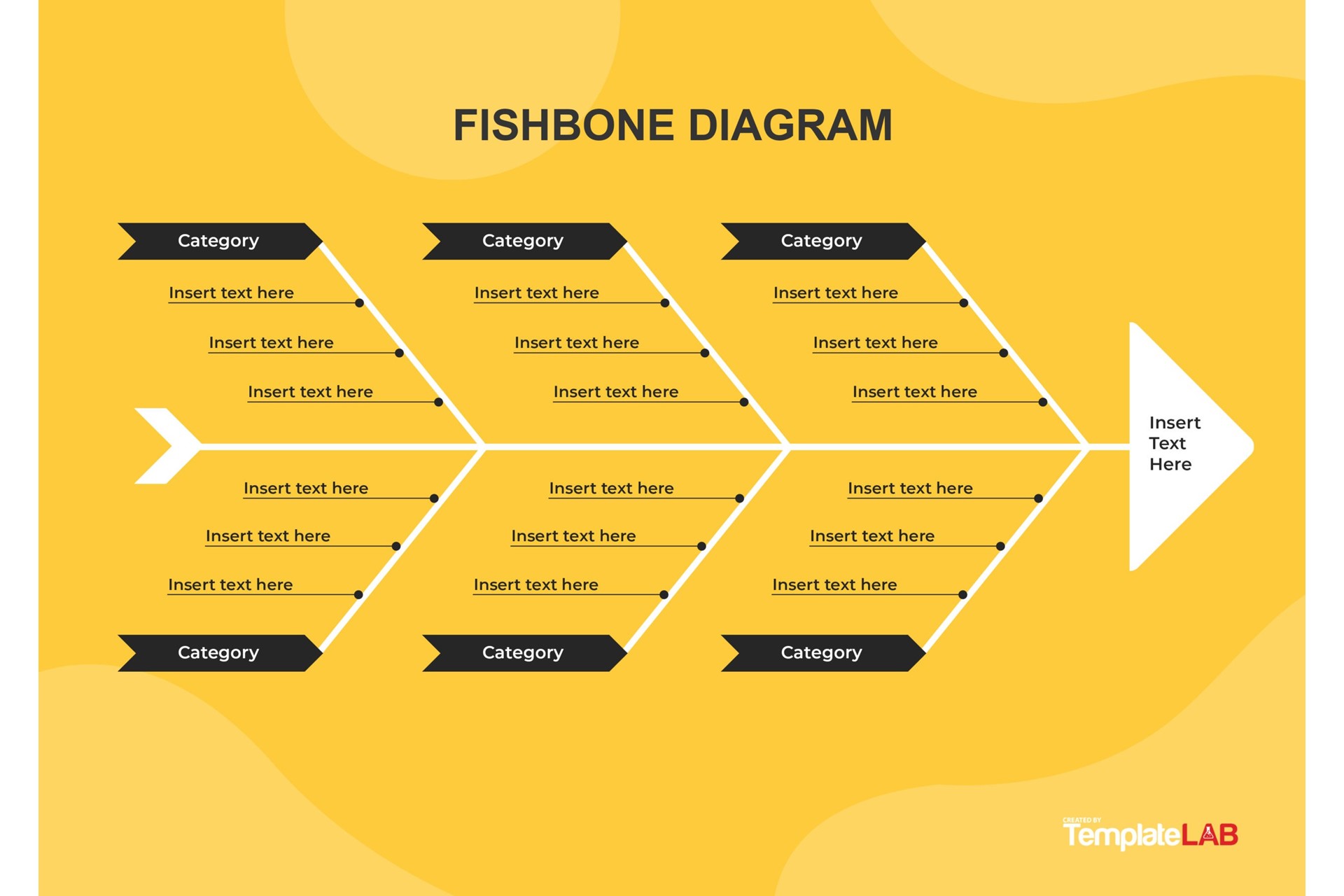Do you ever wonder how some people can solve complex problems with ease? How they can come up with creative and effective solutions based on facts and evidence? How they can make informed decisions that lead to positive outcomes? If you do, you might be curious about analytical thinking. Analytical thinking is a valuable skill that can help you in various aspects of your personal and professional life. Whether you’re a student, an employee, a manager, or an entrepreneur, analytical thinking can help you achieve your goals and improve your performance.
But what exactly is analytical thinking? How can you develop and demonstrate it? And what are the benefits of having strong analytical skills?
In this article, we’ll answer these questions and more. We’ll explore the definition, purpose, and examples of analytical thinking. We’ll also share some tips on how to improve your analytical skills and how to highlight them on your resume and in interviews.
What is analytical thinking?
Analytical thinking is the thinking process of separating a whole entity or problem into smaller parts or ideas to study and understand them better. It involves extracting key information from data, applying logic and deductive reasoning, and developing workable solutions based on facts and evidence.
Analytical thinking is a type of soft skill that you can develop through experience and reflection. You can apply analytical thinking in many situations in both your professional and personal life.
Analytical thinking often involves trial and error and other systematic processes, which allow the thinker to reach a reasonable conclusion. Those with practical analytical skills can quickly analyze a situation, topic or problem and often work well in a team setting to accomplish goals.
Why is analytical thinking important?
Analytical thinking is important for several reasons. First of all, it can help you find effective solutions to common problems or issues. Analyzing the situation and understanding the problem to identify potential solutions is a key skill in every job at every level.
Secondly, it can help you make informed decisions about the next steps. Analyzing the data and information available to you can help you weigh the pros and cons of different options and choose the best one for your situation.
Thirdly, it can help you improve your work quality and productivity. Analyzing your own performance and feedback can help you identify areas of improvement and learn from your mistakes. Analyzing your work processes and systems can help you optimize them for efficiency and effectiveness.
Fourthly, it can help you meet company goals and achieve your own personal career goals. Analyzing the company’s vision, mission, values, and objectives can help you align your work with them. Analyzing your own strengths, weaknesses, interests, and aspirations can help you plan your career development.
Finally, it can help you boost your creativity and innovation. Analyzing different perspectives, ideas, and possibilities can help you generate new insights and solutions that can benefit yourself and others.
How to improve your analytical skills
If you want to improve your analytical skills, there are several steps you can take. Here are some practical tips and examples:
- Practice problem-solving exercises. You can find various online resources that offer puzzles, games, quizzes, brainteasers, case studies, scenarios, or simulations that challenge your analytical thinking. You can also create your own problems or use real-life situations that require analysis.
- Read books or articles on analytical topics. You can expand your knowledge and understanding of different subjects by reading books or articles that involve analysis. You can choose topics that interest you or relate to your field of work or study. You can also read books or articles that teach you how to improve your analytical skills.
- Ask questions. You can enhance your analytical thinking by asking questions that help you clarify, explore, or evaluate information or ideas. You can use the 5W1H method (who, what, when, where, why, how) or the Socratic method (a series of questions that expose contradictions or inconsistencies) to guide your questioning.
- Learn from others. You can improve your analytical skills by observing or interacting with people who have strong analytical skills. You can watch videos or podcasts of experts or professionals who demonstrate analysis in their fields. You can also seek feedback or advice from mentors or peers who have more experience or knowledge than you.
- Apply analytical thinking in your daily life. You can practice your analytical skills by applying them to everyday situations or tasks. For example, you can analyze your budget and spending habits, your health and fitness goals, your time management and prioritization skills, or your hobbies and interests.
How to highlight your analytical skills on your resume and in interviews
If you want to showcase your analytical skills to potential employers, you can highlight them on your resume and in interviews. Here are some ways to do that:
- Use keywords. You can use keywords or phrases that relate to analytical thinking in your resume summary, skills section, work experience section, or education section. For example, you can use words like analyze, research, interpret, data, logic, evidence, solution, problem-solving, decision-making, etc.
- Provide examples. You can provide examples of how you used your analytical skills in your previous or current roles or projects. You can use the STAR method (situation, task, action, result) to describe the situation or problem you faced, the task or goal you had, the action or steps you took to analyze it, and the result or outcome you achieved.
- Prepare stories. You can prepare stories or anecdotes that demonstrate your analytical skills in interviews. You can use the STAR method again to structure your stories. You can also anticipate some common behavioral interview questions that ask about your analytical skills, such as:
- How do you approach a new or complex problem?
- How do you gather and analyze data or information?
- How do you make decisions based on facts and evidence?
- How do you evaluate the effectiveness or quality of your solutions or actions?
- How do you learn from your mistakes or failures?
Conclusion
Analytical thinking is a valuable skill that can help you in various aspects of your personal and professional life. By improving and highlighting your analytical skills, you can increase your chances of getting hired for the job you want and advancing in your career.
1: https://www.talentlyft.com/en/resources/what-is-analytical-thinking



